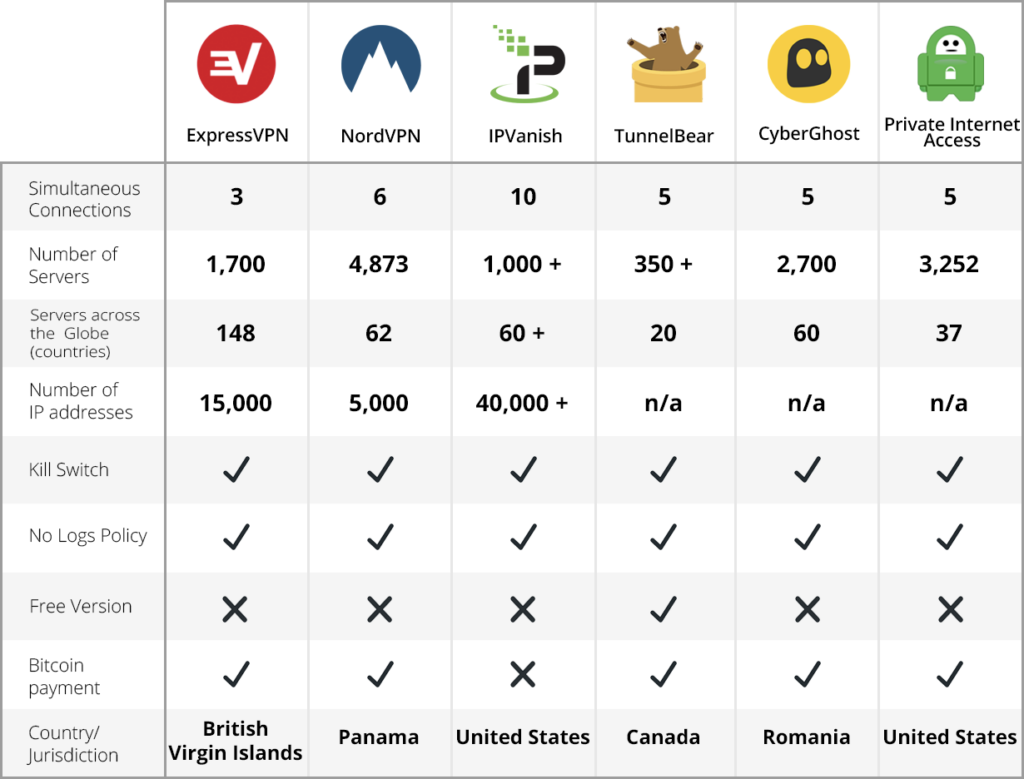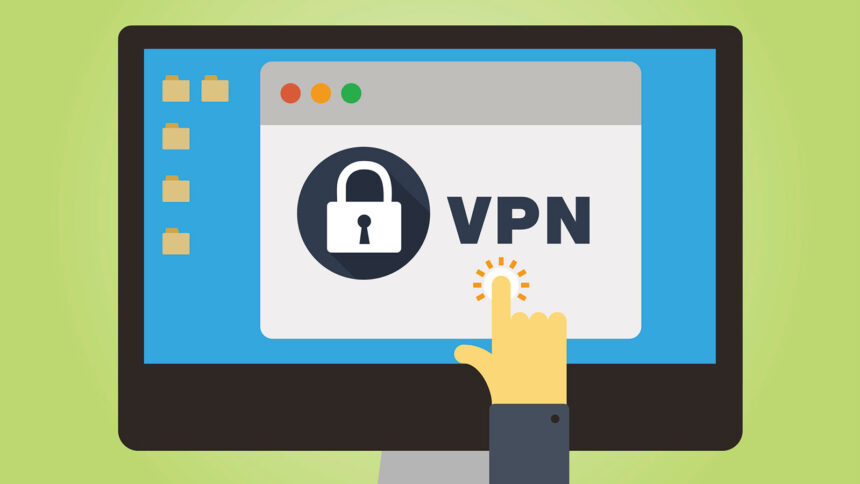
In an increasingly interconnected digital world, concerns about online privacy and security have become more prevalent than ever before. From cyberattacks to government surveillance, the risks of navigating the internet unprotected are manifold. In this landscape of digital uncertainty, virtual private networks (VPNs) emerge as a powerful tool for safeguarding personal information and preserving online anonymity. In this article, we explore the history of VPNs, their creation, when and why you should use them, the positives and negatives of VPNs, and which VPNs are best suited for your needs.
History of VPNs
The concept of VPNs dates back to the early days of the internet, when organizations sought secure methods of transmitting data over public networks. In the 1990s, the rise of remote working and the need for secure communications led to the development of the first commercial VPN solutions. Since then, VPN technology has evolved significantly, with modern VPNs offering enhanced security features and broader accessibility to individuals and businesses alike.

VPNs function by creating a secure, encrypted “tunnel” connection between a user’s device and a remote server operated by the VPN provider. This encrypted tunnel effectively shields the user’s internet traffic from prying eyes, whether it be hackers, government agencies, or internet service providers. VPN protocols such as OpenVPN, IPSec, and WireGuard play a crucial role in establishing and maintaining these secure connections, ensuring that data remains protected during transmission.
When and Why to Use VPNs
There are numerous scenarios in which using a VPN benefit users. For instance, when connecting to public Wi-Fi networks at cafes, airports, or hotels, VPNs prevent malicious actors from intercepting sensitive data such as passwords or credit card information. Additionally, VPNs enable users to bypass geographical restrictions and access region-locked content on streaming platforms like Netflix or Hulu. Moreover, VPNs are invaluable tools for maintaining privacy and anonymity online — shielding users’ identities and browsing habits — from ever-watchful eyes.
Positives and Negatives of VPNs
The primary benefit of using a VPN is enhanced security and privacy, as VPNs encrypt internet traffic and mask users’ IP addresses, preventing third parties from tracking their online activities. Furthermore, VPNs offer users greater control over their digital footprint, allowing them to access restricted content and browse the web anonymously. However, VPNs may also introduce latency and slow down internet speeds, particularly when connecting to remote servers or using encryption-heavy protocols. Additionally, while VPNs provide a layer of protection against external threats, they cannot fully safeguard against phishing attacks or malware infections, underscoring the importance of practicing good cybersecurity hygiene.
Choosing the Best VPN
Selecting the best VPN for your needs depends on various factors, including security features, server locations, speed, and pricing. Popular VPN providers such as NordVPN, ExpressVPN, IPVanish, and CyberGhost offer a range of plans tailored to different use cases, from basic browsing to streaming and torrenting. Conducting thorough research and reading reviews from trusted sources can help users make informed decisions when selecting a VPN provider.

t/f Summary
VPNs represent an essential tool for safeguarding online privacy and security in an increasingly interconnected digital landscape. By encrypting personal internet traffic, masking IP addresses, and providing access to region-locked content, VPNs empower users to take control of their digital footprint and navigate the internet more safely. VPNs may introduce some trade-offs in terms of speed and performance, but their benefits outweigh the potential drawbacks, making them a valuable addition to any cybersecurity toolkit.
t/f Tip: The examples provided are illustrative and intend to highlight general trends and considerations with VPNs. Actual experiences and outcomes may vary.


